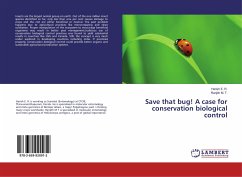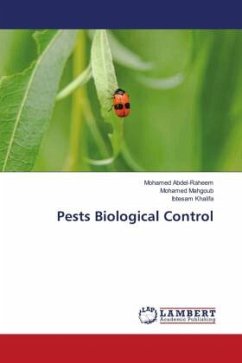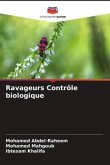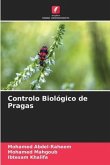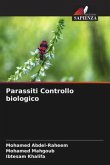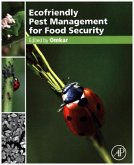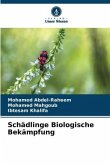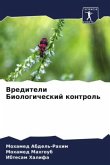Insects are the largest animal group on earth. Out of the one million insect species identified so far, only less than one per cent causes damage to crops and the rest are either beneficial or neutral. The pest problem happens due to agricultural practices like monocropping and clean cultivation. Proper manipulation of the ecosystem to encourage beneficial organisms may result in better pest management.Judicious use of conservation biological control practices was found to yield substantial results in countries like USA and Canada. Still, the concept is very much under explored in developing countries including India. If practiced properly, conservation biological control could provide better organic and sustainable agricultural production systems.
Bitte wählen Sie Ihr Anliegen aus.
Rechnungen
Retourenschein anfordern
Bestellstatus
Storno

